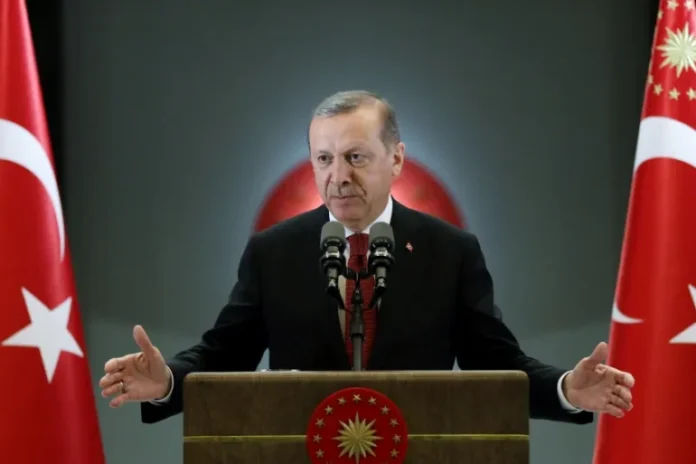Authors: Galip Dalay, E. Fuat Keyman
Affiliation: Robert Bosch Academy, Sabancı University
Organization/Publisher: The German Marshall Fund of the United States
Date/Place: July 23, 2021/USA
Type of Literature: Analysis
Word Count: 1900
Link: https://www.gmfus.org/publications/has-turkeys-quest-strategic-autonomy-run-its-course
Keywords: Turkey, Recep Tayyip Erdogan, Strategic Autonomy, Foreign Policy, Russia, China, NATO, Uyghurs
Brief:
This piece contextualizes Turkey’s recent shifts in foreign policy, arguing the new administration in Washington and an economic slowdown at home have changed minds in Ankara. Nevertheless, the authors argue Turkey’s “Strategic Autonomy” seeks to achieve independence from the West’s anchorship of Ankara’s foreign affairs goals. Ankara has asserted its autonomy from the West, through apparent independence “in its geostrategic, political, and security realms as well as in terms of its modernization and geopolitical identity.” This, the authors argue, is inspired due to the “weakening” Western power bloc led by the US which has enabled Turkey to strike a chord with Russia and China. The withdrawal of US boots from Afghanistan, Iraq and the Middle East cement Turkey’s belief that US power was on decline. They also claim that the days of use of military power by Turkey have come to end as the Trump administration is no more in power, during which Washington saw a gap between its presidency and American state institutions when it came to dealing with Turkey. However, the authors clearly refuse to acknowledge the threat of terror against Turkey, mostly from the PKK and Daesh, and they also do not mention how the failed coup of 2016 exposed the external elements working deep in the state institutions in the country which led to a mass purge of public servants. “Turkey possesses three different understandings of the West: the idea of the West, the geopolitical indispensability of the West (or the Western geopolitical anchor), and the institutionalized West. While the government has given up on the first two, it has not given up on the third as it has a utilitarian value,” the authors argue.
By: Riyaz ul Khaliq, CIGA Non-Resident Research Associate




